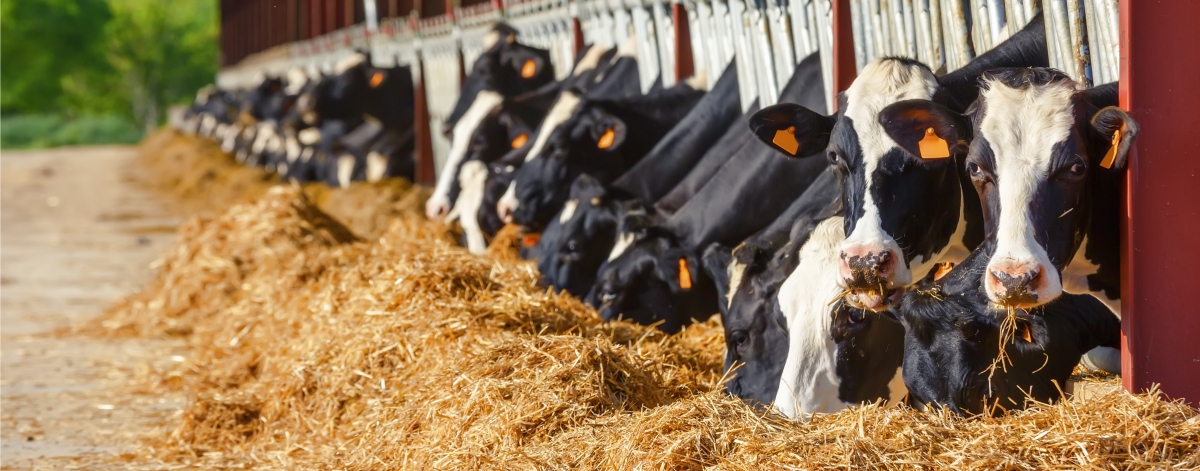Ag gag laws: why barricading the barn door doesn’t help agriculture
Crisis Management | January 11, 2019
The ruling in January 2019 by a federal judge striking down Iowa’s “ag gag” law, which essentially bans undercover activity in agriculture, may cause angst in the agriculture community, but it also presents an opportunity.
The use of undercover video investigations is a strategy employed by animal welfare groups to bring public attention to their cause and influence farm and food company animal-care policies. The videos often show a farm worker appearing to commit animal abuse or mistreatment. Sometimes they are legitimate and sometimes not. Either way, how farmers and food companies react to them has evolved over time.
Ag-gag laws build a legal barrier of sorts around farms. Unfortunately, these laws also send a message that farmers have something to hide. That’s quite the opposite of transparency. Research from The Center for Food Integrity (CFI) clearly shows that consumers want and expect transparency when it comes to food production. And they deserve it.
The agriculture community’s support of ag-gag laws creates the appearance of inconsistency. Farm groups increasingly recognize the need for transparency and often publicly assure consumers that production practices on today’s farms are humane and the people responsible for animal care are ethically committed to doing the right thing. I believe that to be overwhelmingly true. Yet, when groups also support laws that create a barrier around farms, it leaves consumers scratching their heads.
Those who commit animal abuse on farms should be held accountable. And, those who witness animal abuse and continue to record it instead of stopping it should, too. The public would be outraged if someone recorded willful elder or child abuse and chose not to stop it. We should expect the same when it comes to abuse of animals.
But using state laws to barricade the barn door doesn’t build public trust.
Some farms are making their operations more transparent by opening up their barns, through farm tours, videos and live feeds. CFI and the U.S. pork and dairy industries have an initiative called “See It? Stop It!” The program provides free tools and resources empowering animal caretakers on the farm to act. It demands that if signs of animal abuse, neglect, mishandling or harm are witnessed, anyone working on a farm has an obligation to report it immediately to ensure the best care of the animals.
A federal judge has ruled that Iowa’s “ag gag” law, outlawing undercover investigations of meatpacking plants and livestock facilities, is unconstitutional.
Being more open and transparent about today’s production methods helps show that farmers are good stewards of the land and are producing safe, nutritious and affordable food, while providing animals with great care.
I’m encouraged to see that the agriculture community has increasingly embraced this values-based approach, diminishing the impact of undercover videos.

When the secret videotaping tactic was first employed by activist groups, producers often expressed public anger at the idea of someone trespassing and videotaping on their farms. They pulled the shades and locked the doors.
In recent years, however, producers have recognized that when abuse is discovered on their farms, the first step is to strongly condemn the action — when abuse is accurately portrayed — and then take immediate steps to ensure it isn’t repeated. This approach provides consumers assurance that farmers truly care about the well-being of their animals.
Video investigations remind us of a serious trust gap between agriculture and consumers. Conveying values is critical and the agriculture community is getting better at it. Still, plenty of opportunity exists for agriculture to do more to bridge the gap. Instead of barring the door, agriculture would be well-served to demonstrate to the public that even though farming systems have changed, the commitment to ethical food production remains strong.
Originally printed in The Des Moines Register on January 11, 2019.